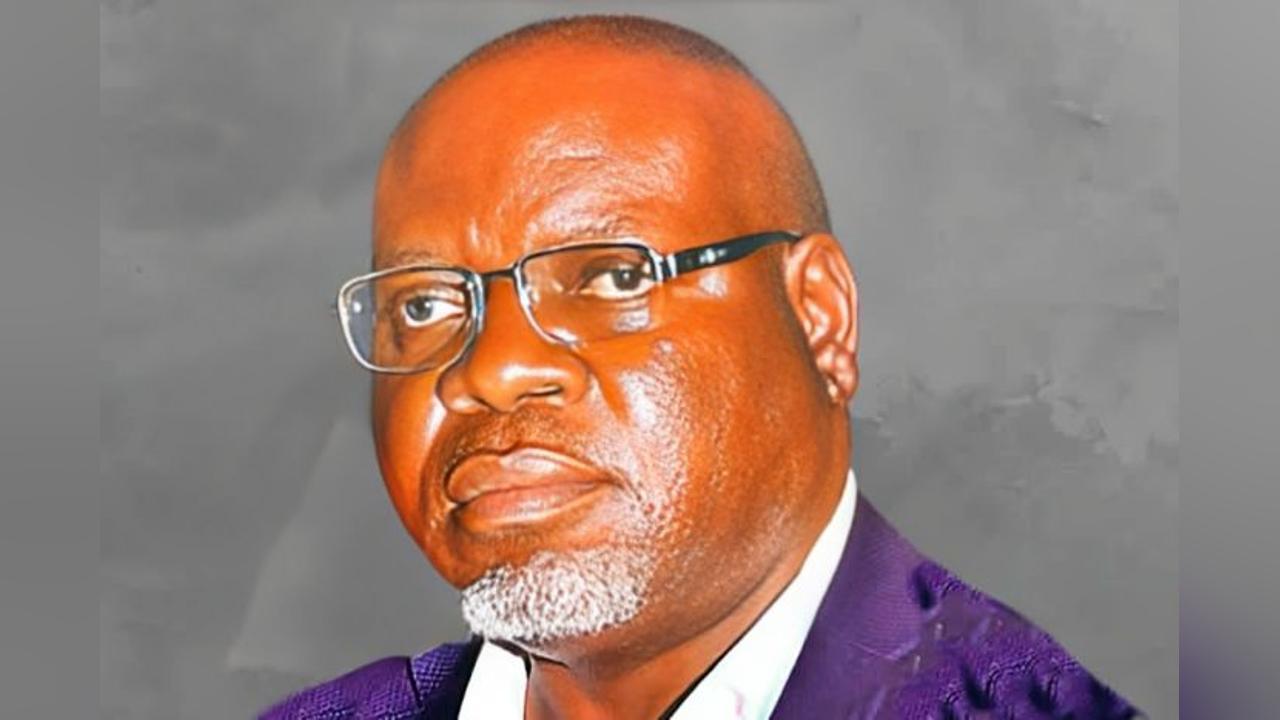By Rafael Morais
Africa-Press – Angola. In a country where democracy still seems to be on crutches, we need to seriously reflect on what may lie ahead. This isn’t about talking about politics in a partisan sense, but about sounding the alarm so we don’t get caught out in Angolan politics.
We live in a reality where votes and representatives are presumed to be pre-allocated, as if everything were the property of someone who considers themselves the owner of everything. In this scenario, the unresolved hatred between the MPLA and UNITA continues to dictate the course of our fragile democracy, like an open wound that never heals.
Now, a new element enters the scene: the legalization of the PRA-JÁ party, after several judicial and institutional somersaults. Is this just coincidence? Or is it part of a well-calculated strategy, a political chess game where each piece is moved to weaken a historic rival? The answer is still uncertain, but the move is, at the very least, revealing.
And it doesn’t stop there. Other political parties emerge almost monthly, multiplying acronyms that, although small, can have a devastating effect on the final vote tally—a normal occurrence in a democracy. In this context, a bold, but not impossible, scenario emerges: UNITA could run the real risk of becoming the third-largest political force in Angola in the next elections.
Yes, this could happen, even if only by a minimal difference, but enough to drastically alter the political balance we’re used to. Those who think this is impossible should look to Mozambique, where quiet moves and strategic fragmentation have already changed the game. Angola may not be far from that path.
All of this, combined with the history of widespread fraud in almost every election, paints a disturbing future, a political arena that insists on transforming democratic rivals into eternal enemies.
With a judicial system held hostage and Manico’s rise to the position of Superior Council of the Judiciary, which qualifies him as the President’s preferred choice for the highest presidency of that body, his record further reinforces the fight against those who have always dared to question his continued presence in the electoral decision-making body.
The argument is simple: if citizens and civil society remain inactive, the game will always be played without a referee, and the rules will be written by the same people who manipulate the political board during the elections. If this scenario occurs, it would only be acceptable if it results from a fair and transparent process, leading to democracy.
The time to monitor, question, and demand transparency is now, because when democracy becomes a theater, we all become actors in a play where we no longer choose the plot.
angola24
For More News And Analysis About Angola Follow Africa-Press






